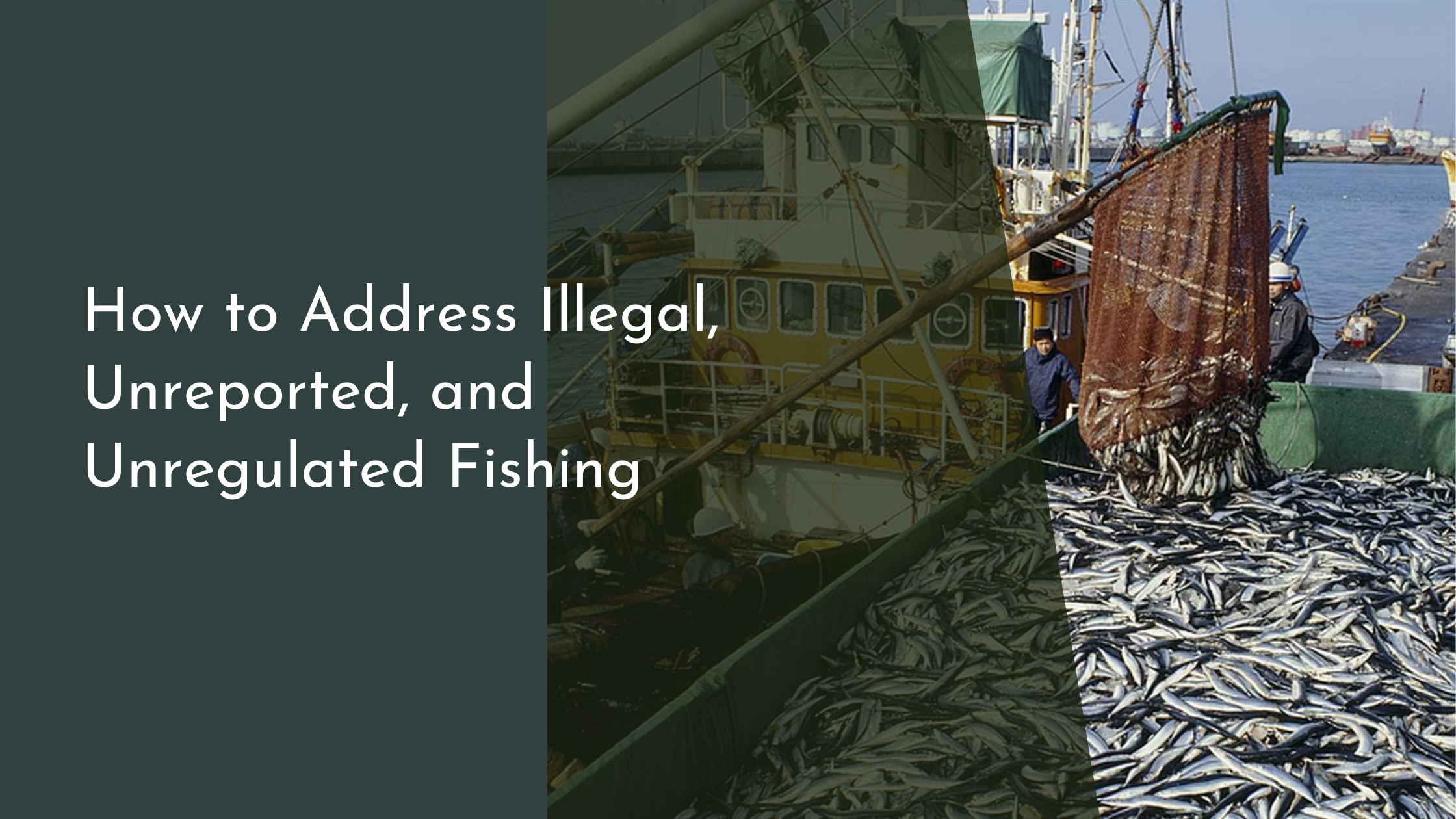How to Address Illegal, Unreported, and Unregulated Fishing
Illegal, Unreported, and Unregulated (IUU) fishing poses a significant threat to marine ecosystems, coastal communities, and the global seafood industry. It undermines efforts to manage fisheries sustainably, contributes to the depletion of fish stocks, and negatively impacts the marine environment. As we become more aware of these challenges, it is crucial to explore effective strategies for addressing IUU fishing. This article delves into the impacts of IUU fishing and suggests comprehensive approaches to tackle this pressing issue.
Understanding the Impact of IUU Fishing
IUU fishing disrupts marine ecosystems by depleting fish populations faster than they can replenish, leading to a loss of biodiversity and the potential collapse of fisheries. This illegal activity often targets high-value species that are crucial for the ecological balance, such as tuna and cod, causing a ripple effect throughout the food chain. As fish stocks decline, predators and other marine life dependent on these resources may face starvation or forced migration, further destabilizing ecosystems and affecting the livelihoods of communities that rely on fishing.
Moreover, IUU fishing has considerable economic and social impacts on coastal communities, particularly in developing countries. It leads to unfair competition, as legitimate fishers struggle to compete with those who evade regulations and costs. This undermines local economies, contributes to food insecurity, and can even lead to conflicts over dwindling resources. To effectively address these challenges, it is essential to acknowledge the gravity of IUU fishing and prioritize coordinated efforts to combat it.
Strengthening International Cooperation Efforts
Fostering international cooperation is paramount in the fight against IUU fishing. Many fish stocks are migratory, moving through international waters, making it difficult for any single nation to tackle the issue alone. By strengthening regional fisheries management organizations (RFMOs), countries can collaborate to enforce regulations, share data, and implement unified measures against illegal fishing activities. These partnerships can help harmonize rules and ensure that no region becomes a safe haven for IUU operators.
Additionally, international treaties like the Port State Measures Agreement (PSMA) offer a framework to combat IUU fishing by preventing illegally caught fish from entering markets. By encouraging all nations to ratify and implement such agreements, the global community can effectively close loopholes and create a more robust system of accountability. Cooperative efforts also involve sharing technological advancements and best practices, which can enhance surveillance and enforcement capabilities on a worldwide scale.
Implementing Effective Monitoring Technologies
Advancements in technology are revolutionizing the way we monitor and combat IUU fishing. Satellite tracking systems and automatic identification systems (AIS) allow for real-time tracking of fishing vessels, making it easier to detect suspicious activities and ensure compliance with regulations. These systems can provide data on vessel location, speed, and behavior, helping authorities to identify patterns that may indicate illegal fishing practices. By investing in these technologies, countries can enhance their surveillance capabilities and respond swiftly to potential infractions.
In addition to vessel tracking, innovations like electronic monitoring systems and drones offer new ways to observe fishing activities and gather evidence of violations. These technologies can complement traditional patrolling methods, providing a cost-effective means to cover vast ocean areas. By integrating these tools into national and regional monitoring frameworks, authorities can improve their ability to detect, deter, and prosecute IUU fishing, ultimately contributing to sustainable fisheries management.
Educating Communities and Promoting Sustainable Practices
Educating and involving local communities is a crucial step towards combating IUU fishing and promoting sustainable practices. Empowering fishers and coastal residents with knowledge about the importance of sustainable fisheries management can foster a sense of stewardship and collective responsibility. Through workshops, campaigns, and community-led initiatives, stakeholders can learn about the ecological and economic impacts of IUU fishing, as well as the benefits of adopting sustainable practices like catch limits and gear restrictions.
Promoting sustainable practices also involves supporting alternative livelihoods and sustainable aquaculture projects, which can alleviate pressure on wild fish populations. By providing training and resources for communities to diversify their income sources, the reliance on overexploited fisheries can be reduced. Encouraging the adoption of eco-certification schemes for fisheries can also incentivize sustainable practices and enhance market access for responsible fishers. Together, these efforts can help create resilient communities that prioritize the health of marine ecosystems for future generations.
Addressing IUU fishing requires a multifaceted approach that encompasses international cooperation, technological innovation, and community engagement. By understanding the profound impacts of IUU fishing and implementing comprehensive strategies, we can safeguard marine ecosystems and support the livelihoods of those who depend on them. The journey toward sustainable fisheries is a collective endeavor, and by working together, we can ensure that future generations inherit a thriving and balanced marine environment.


